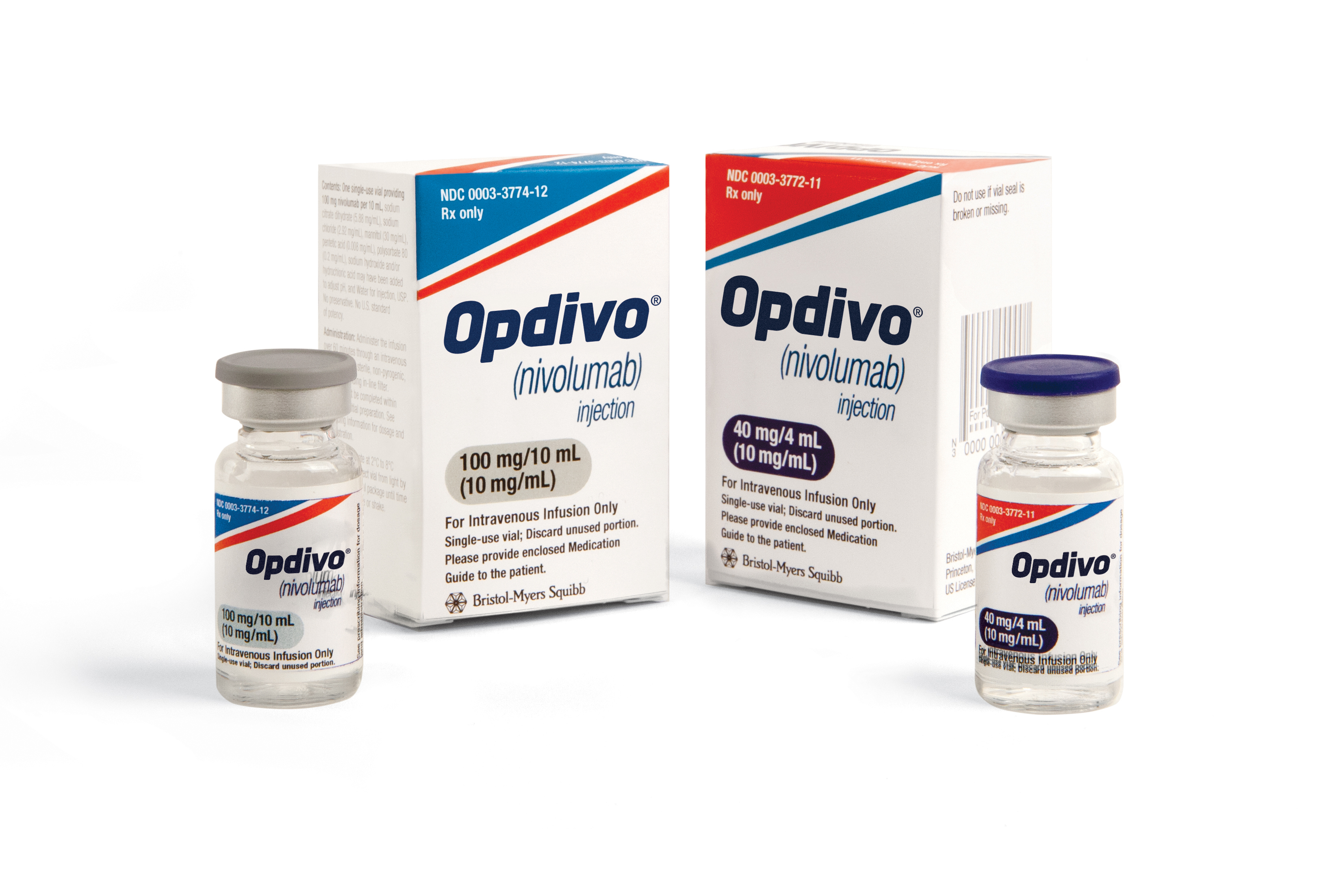BMS carves out a neoadjuvant niche for Opdivo in NSCLC

Bristol-Myers Squibb's Opdivo has been playing second fiddle to Merck & Co's Keytruda in the non-small cell lung cancer (NSCLC) market for years, but now it has a chance to take the limelight on its own.
Opdivo (nivolumab) has become the first and only cancer immunotherapy to be approved in the US for the neoadjuvant treatment of NSCLC, given to shrink tumours before they are removed using surgery.
The aim of surgery in these NSCLC patients is curative, but between a third and half of them will experience recurrence after surgery and need additional lines of treatment.
The approval comes on the back of the phase 3 CheckMate-816 study, which showed that the combination of Opdivo and chemotherapy given pre-surgery significantly improved event-free survival, with a 37% reduction in the risk of progression, recurrence or death compared to chemo alone.
The benefit was seen regardless of levels of the biomarker PD-L1, making Opdivo an option for all people with resectable NSCLC without testing.
The Opdivo group showed a median EFS of almost 32 months, compared to around 21 months for the chemo arm, and there was also an increase in the pathologic complete response (pCR) rate, coming in at 24% and 2%, respectively. So far, there has been no improvement in overall survival in the study.
CheckMate-816 lead investigator Mark Awad of Dana-Farber Cancer Institute in the US said the results approval "marks a turning point in how we treat resectable NSCLC" and "reinforces the need to increase the rates of NSCLC screening and early detection."
Opdivo was approved under the FDA’s Real-Time Oncology Review (RTOR) pilot programme, which aims to speed up access to new therapies. It was also carried out as part of Project Orbis, a collaboration between the FDA and regulators in Australia, Canada and the UK, where Opdivo is still under review.
Moving PD-1 inhibitors further up the treatment pathway into earlier pre- and post-surgery (adjuvant) lines of therapy is a key objective for their developers, expanding the population eligible for treatment into earlier-stage disease.
Keytruda (pembrolizumab) has been the dominant PD-1/PD-L1 drug in NSCLC, based mainly on its role in first-line therapy for more advanced cases, but rivals have been quicker to move into the neoadjuvant and adjuvant settings.
Last October, Roche's PD-L1 inhibitor Tecentriq (atezolizumab) became the first drug in the class to be approved by the FDA as adjuvant treatment after surgery and platinum-based chemotherapy in patients with NSCLC tumours in which 1% or more cells express the PD-L1 biomarker.












